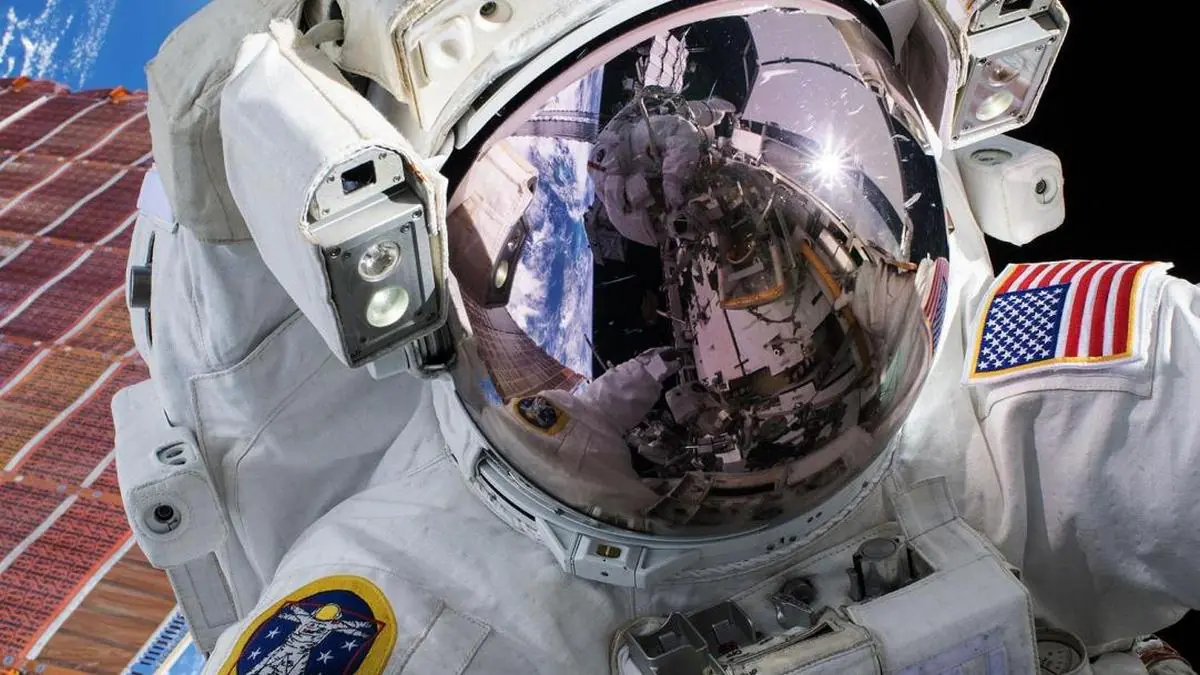
Prolonged space flight changes the fluid-filled spaces along the veins and arteries in the brain. This is according to a new study by the Oregon University of Health and Science.
“These findings have important implications as we continue space exploration,” said senior author Juan Piantino, M.D., assistant professor of pediatrics (neurology) in the OHSU School of Medicine. “It also forces you to think about some basic fundamental questions of science and how life evolved here on Earth.”
The researchers used magnetic resonance imaging to measure the perivascular space – the space around blood vessels – in the astronauts’ brains before and immediately after their launch. They also repeated MRI measurements at 1, 3, and 6 months after return. Images of astronauts were compared with images of the same perivascular space in the brains of 16 earthlings.
Comparing before and after images, they found an increase in perivascular spaces in the brains of astronauts who first visited space, but found no difference between astronauts who had previously worked aboard the space station. “Experienced astronauts may have reached some kind of homeostasis,” Piantino said. In all cases, the researchers found no problems with balance or visual memory, which could indicate a neurological deficit in astronauts, despite the differences measured in the perivascular spaces of their brains. Comparing a large group of astronauts, this study is the first comparative analysis of an important aspect of brain health in space.
Human physiology is based on the fact that life has evolved over millions of years, being tied to the gravitational pull of the Earth. In space, the normal flow of cerebrospinal fluid in the brain changes under the influence of gravity. “We all adapted to use gravity in our favor,” Piantino said. “Nature didn’t put our brains in our feet—it put them high up. Once you remove gravity from the equation, what does that do to human physiology?” The researchers decided to find out by measuring the perivascular spaces through which cerebrospinal fluid enters the brain.
These spaces are an integral part of the natural brain cleansing system that occurs during sleep. Known as the glymphatic system, this network, which covers the entire brain, cleanses it of metabolic proteins that might otherwise accumulate in the brain. According to scientists, this system works optimally during deep sleep. Perivascular spaces, measured in the brain, are the “hardware” of the glymphatic system. The increase in these spaces occurs with aging, and even associated with the development of dementia.
The researchers used a method designed to measure changes in the perivascular spaces using MRI scans. According to Piantino, the results of the study may be useful for the diagnosis and treatment of terrestrial diseases related to cerebrospinal fluid, such as hydrocephalus. “These results not only help to understand the fundamental changes that occur during space flight, but also help people on Earth who suffer from diseases that affect cerebrospinal fluid circulation,” said Piantino.
You can also help Ukraine fight with Russian occupants via Savelife or via an official page of the National Bank of Ukraine.
Read also:
Leave a Reply